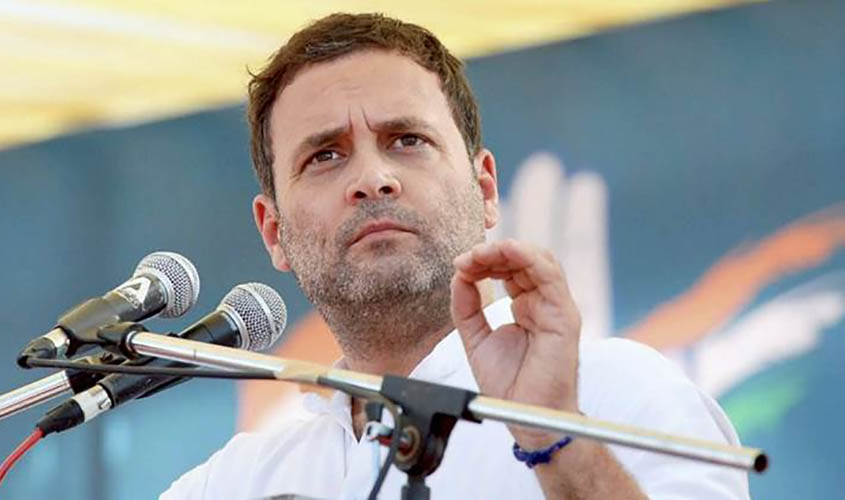‘Congress has ceased to be a pole for the anti-BJP forces.’
The Congress’ loss in the Karnataka elections as well as its surrender of the Chief Minister’s post to a junior post-poll ally, JDS, has badly eroded the grand old party’s hopes to emerge as the pivot of any anti-NDA coalition ahead of next year’s Lok Sabha polls. Sources in the UPA said that the Congress will now have to remain at the “mercy” of the regional parties in different states.
UPA chairperson Sonia Gandhi had hosted a dinner party for the Opposition leaders in March in order to forge an anti-BJP alliance. Leaders of as many
However, two months later, the Congress seems to have missed the bus, with Opposition parties feeling that the grand old party is not in a position to lead the opposition from the front. “A party which has been reduced to two-three states cannot lead a national front to counter the BJP. As things stand today, Congress is just like any other regional party such as Trinamool Congress (TMC), Samajwadi Party (SP), Bahujan Samaj Party (BSP) or Biju Janata Dal (BJD),” said a senior leader. He said that had the Congress won the Karnataka elections, the situation would have been different. He said the Congress, especially its president Rahul Gandhi, does not enjoy the “moral authority” to lead the Opposition charge.
Karnataka, he said, was his first election after taking over as Congress president, but he failed to lead his party to victory. In this scenario, the best option for the opposition parties is to focus on taking on the BJP in their respective states of their influence, rather than wasting time in forming a national front. “There is no possibility of a united front, or a ‘third front’, this time to take on the mighty BJP in the 2019 elections. Congress will play only a second fiddle in states where the regional parties are strong,” he added.
However, he said, the situation will be slightly different in states where the Congress is in direct fight with the BJP, like Madhya Pradesh, Rajasthan, or Chhattisgarh. But the “real strength” of the Congress in these states will be known only after the Assembly elections later this year. “Congress has ceased to be a pole for the anti-BJP forces, and, therefore, the ‘third front’, which often surfaces before every Lok Sabha election, is not going to take shape. As a result of this, regional parties will be in direct fight with the BJP, while Congress will get few seats here and there from them on ‘compassionate ground’. For example, in Bihar, it is likely to be a fight between the RJD and the BJP, while in Uttar Pradesh, it will be between the SP-BSP and the BJP. Similarly, in West Bengal, it will be TMC vs BJP and in Odisha, the fight will be between the BJD and the BJP. Congress will hardly have any role,” he said.
Another impact of the Karnataka election results will be that there would not be any face for the Opposition. “With the Congress likely to remain only a part of an anti-NDA camp, rather than leading it, the 2019 fight will be state-centric. Therefore, there is unlikely to be a united Opposition face against BJP’s star campaigner, Prime Minister Narendra Modi,” he said.
A senior RJD leader said that a region-wise alliance is the only way to counter the BJP. “We saw when the SP and the BSP came together in Gorakhpur and Phulpur byelections in UP, they were able to defeat the BJP. A similar experiment is being done in Kairana and Noorpur byelections. In Bihar, we hope to give a tough fight to the BJP,” he said.

